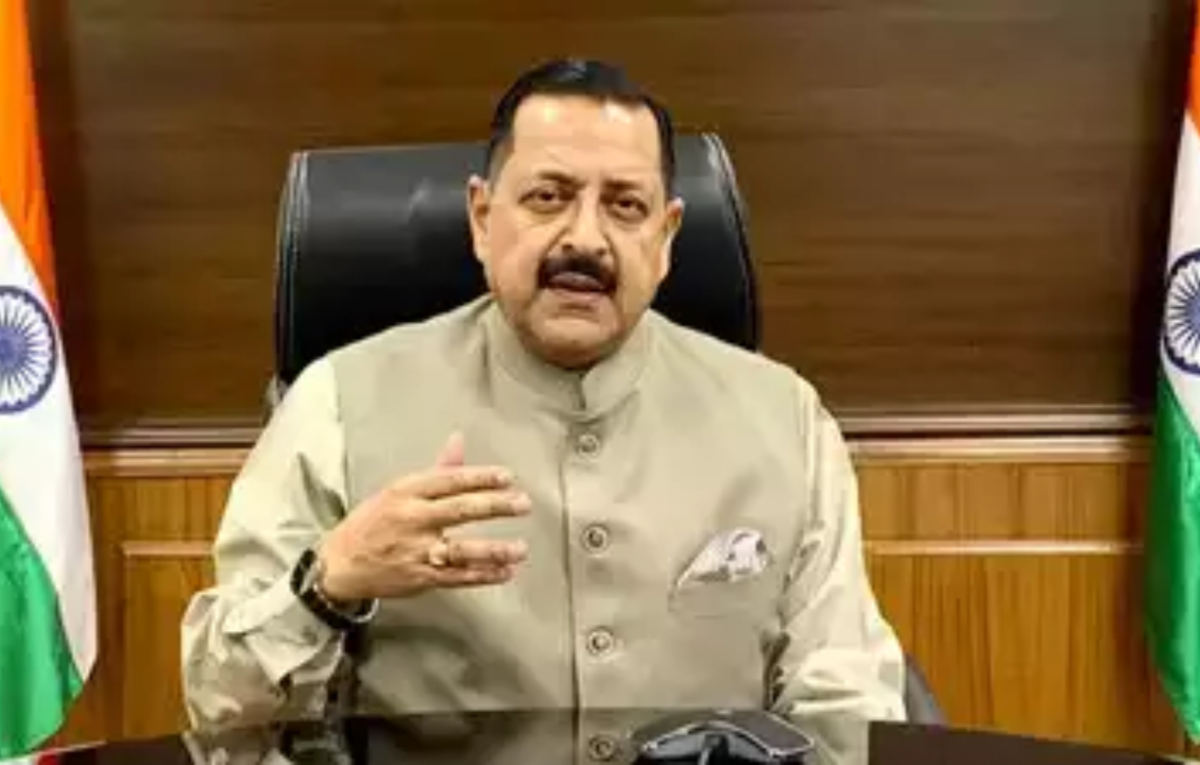India's Green Hydrogen Mission: Driving Innovation for a Sustainable Future
Key Ideas
- Union Minister Jitendra Singh announced India's focus on the Green Hydrogen Mission and Small Modular Reactors (SMRs) to decarbonize heavy industry, transportation, and power generation.
- The collaboration with the US in critical areas of science, technology, and clean energy aims to enhance global climate goals and drive innovation in clean technologies.
- India's commitment to a sustainable energy future is emphasized through initiatives like increasing non-fossil energy capacity, reducing carbon emissions, and achieving net-zero emissions by 2070.
- The meeting highlighted the Indo-US partnership's potential to co-create solutions for a sustainable future, focusing on economic growth, national security, and global leadership in clean energy and scientific advancements.
During a bilateral meeting on US-India Civil Nuclear Commerce in New Delhi, Union minister Jitendra Singh announced India's plans to boost its global climate goals through the Green Hydrogen Mission and collaborations on Small Modular Reactors (SMRs). Singh highlighted the importance of these initiatives in decarbonizing heavy industry, transportation, and power generation, stressing the role of the Green Hydrogen Mission in driving innovation in clean technologies and achieving global climate goals.
The meeting also underscored deepening cooperation between India and the US in crucial areas like science, technology, and clean energy, solidifying their partnership on the global stage. Discussions revolved around India's exploration of international partnerships and investments in SMRs to facilitate the nation's transition to energy self-reliance.
The commitment to a sustainable energy future was further exemplified through India's ambitious climate action plan, which includes targets like increasing non-fossil energy capacity, reducing carbon emissions, and aiming for net-zero emissions by 2070. The Indo-US partnership was highlighted as pivotal in tackling global challenges and co-creating solutions for a sustainable future.
Senior officials at the meeting discussed advancements in various technologies such as ocean energy, Carbon Capture, Utilisation, and Storage (CCUS), biomass-to-energy conversion, biofuels, Artificial Intelligence (AI), machine learning, and Lithium-Ion Battery development. The focus was on promoting sustainable and circular energy solutions to address the pressing climate issues.
The meeting concluded with both nations reaffirming their dedication to strengthening cooperation in emerging technologies, with a mutual focus on driving economic growth, ensuring national security, and achieving global leadership in clean energy and scientific advancements.
Topics
Green Hydrogen
Renewable Energy
Energy Transition
Climate Goals
Clean Technologies
Global Partnership
Bilateral Cooperation
Scientific Research
Emerging Technologies
Latest News
